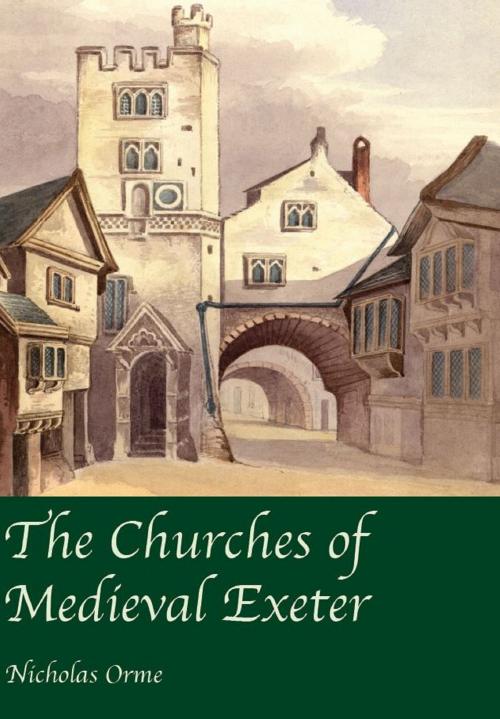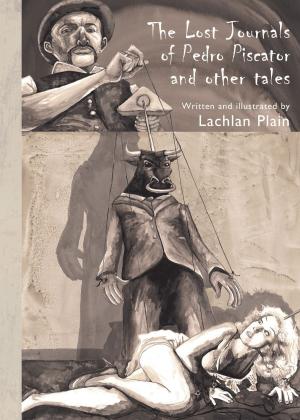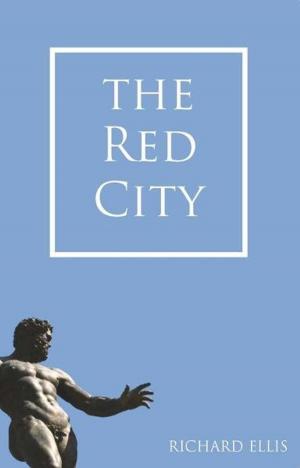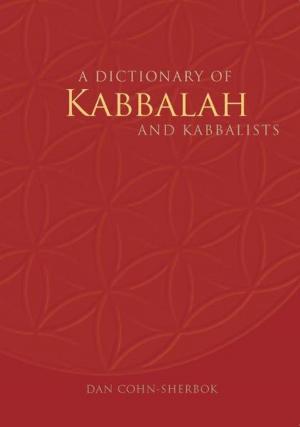The Churches of Medieval Exeter
Nonfiction, History, British, Religion & Spirituality, Christianity, Church| Author: | Nicholas Orme | ISBN: | 9781907605529 |
| Publisher: | Impress Books | Publication: | October 1, 2014 |
| Imprint: | Impress Books | Language: | English |
| Author: | Nicholas Orme |
| ISBN: | 9781907605529 |
| Publisher: | Impress Books |
| Publication: | October 1, 2014 |
| Imprint: | Impress Books |
| Language: | English |
Medieval Exeter was a religious city containing nearly seventy churches, chapels, monasteries, and almshouses, as well as private oratories, holy wells, and standing crosses. This book explains why this huge number of buildings came into being from about the eleventh century onwards. It shows what they existed to do and how they interacted with one another and with lay people in the old walled city and the surrounding areas of St Thomas, Heavitree, and Topsham. The general history of the churches is followed by detailed accounts of each one. These explain when they were founded and what we know about their sites, layouts, activities, and social history, with intriguing pictures of many long-vanished buildings. The result is one of the most thorough explorations of any aspect of Exeter's past. It is also a major contribution to urban history and religious history in England, comparable with the best studies of similar cities elsewhere.
Medieval Exeter was a religious city containing nearly seventy churches, chapels, monasteries, and almshouses, as well as private oratories, holy wells, and standing crosses. This book explains why this huge number of buildings came into being from about the eleventh century onwards. It shows what they existed to do and how they interacted with one another and with lay people in the old walled city and the surrounding areas of St Thomas, Heavitree, and Topsham. The general history of the churches is followed by detailed accounts of each one. These explain when they were founded and what we know about their sites, layouts, activities, and social history, with intriguing pictures of many long-vanished buildings. The result is one of the most thorough explorations of any aspect of Exeter's past. It is also a major contribution to urban history and religious history in England, comparable with the best studies of similar cities elsewhere.















